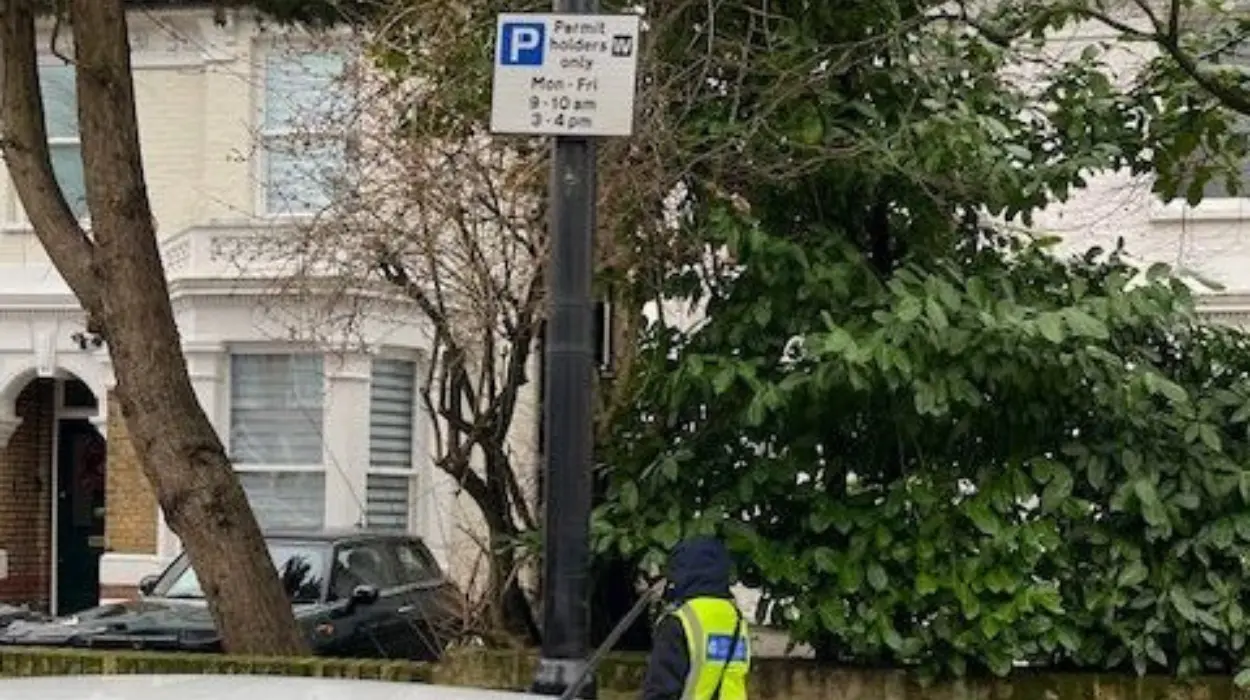Ealing (Parliament Politics Magazine) – Ealing Council’s proposal for new controlled parking zones in Greenford faces backlash, as just 8% of residents support the plan, consultation reveals.
In its report, Ealing Council’s interim head of parking, Tom Gallagher, wrote: “While parking pressures do exist in some streets, the extensive opposition indicates that full CPZ implementation would not have community support and could damage trust in council decision-making.”
During the 13 November–5 December 2024 consultation period, 6,874 homes and businesses in the two proposed zones received leaflets. The Labour-led council claims that 3,801 people responded.
However, because the consultation form lacked a simple “yes or no” choice, 21% of respondents were categorized as having “no clear position.”
Ealing Conservatives have strongly criticized the consultation process, calling it “wasteful” and “flawed.”
An Ealing Conservatives spokesperson said:
“This result is a victory for local residents who campaigned against the proposals.
Conservatives repeatedly warned Labour about the council’s flawed consultation process.
Residents were denied the opportunity to simply say ‘No.’ As if that wasn’t bad enough, a staggering 21% of responses were left unclassified due to the lack of straightforward response options.”
The spokesperson added:
“It’s time for Ealing’s Labour Cabinet to wake up, listen to the clear message from Greenford residents and adopt the recommendation not to go ahead with the scheme.
Ealing taxpayers’ money should never have been wasted on a consultation that no one asked for.”
A number of resident concerns regarding the possible implementation of a CPZ were brought to light throughout the consultation.
Critics claim that many residents did not receive the appropriate papers and that the consultation was hurried and confusing.
To determine true public opinion, they call for a more open procedure with unambiguous choices.
Some contend that the CPZs are founded on more general strategic objectives, like environmental policy goals, rather than on demonstrated parking problems. The Wednesbury test and other legal concepts can consider this to be an unreasonable demand.
Many cited annual permits’ added financial strain during a crisis caused by rising living expenses. Others were concerned about the impact on nearby companies, especially in Greenford Town Centre, where vendors depend on convenient access for clients.
Concerns around social isolation were also raised, as parking limits would make it more difficult for friends, family, and caregivers to visit elderly or fragile individuals.
Although the plans are in line with the Ealing Council’s more general climate objectives, which include lowering traffic, encouraging public transportation, and enhancing air quality, the report notes that the public lacks trust in the plan and suggests it not be implemented.
Many locals believe that the proposed CPZs are not clearly beneficial to the community and that the additional cost is not warranted.
93% of the population overwhelmingly rejected a similar proposal in 2017. The plans were resurrected by the Labour-run council in spite of this, but they have since encountered fresh resistance.
Residents contend that by decreasing foot traffic and enticing people to buy online or in other locations with no parking restrictions, CPZs could hurt neighborhood businesses.
Speaking to EALING.NEWS, an Ealing Council spokesperson said:
“Controlled Parking Zones (CPZs) are a well-established way to fairly manage parking for residents, support local businesses, and help reduce congestion and air pollution.
We recognise that Greenford Town Centre and Greenford South are areas where parking pressure is high, and measures like CPZs could offer benefits. We’ve carefully considered the feedback through our public engagement and understand most respondents did not support the proposals and so we will not be moving forward with them.
We will monitor parking conditions and remain committed to working with local communities on any future plans.”
What are the main arguments against the CPZ proposal in Greenford?
Particularly in the midst of a crisis in the cost of living, residents are worried about the extra expenses related to parking permits. Those on fixed incomes would be impacted by the high costs that many households with several cars would incur.
Because customers may pick other places with free parking, business owners worry that CPZs may decrease foot traffic to local stores. When compared to neighboring retail parks, this might put Greenford firms at a competitive disadvantage.
Residents fear that because visiting permits are expensive, CPZs may deter family visits and community interactions, which could lead to a rise in social isolation, particularly among senior citizens.
Many locals think that rather than being sincere attempts to alleviate parking difficulties, the CPZs are just methods to generate cash. Trust in the council’s decision-making procedures is weakened by this impression.


